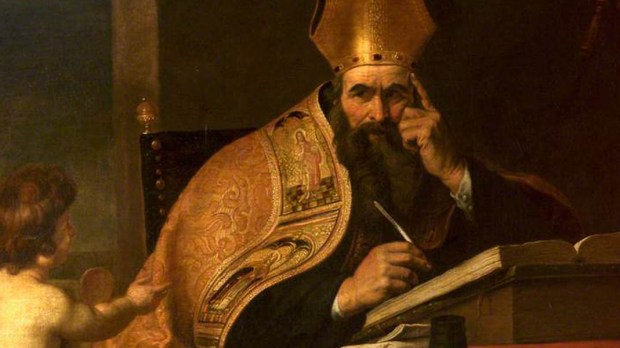Lenten Campaign 2025
This content is free of charge, as are all our articles.
Support us with a donation that is tax-deductible and enable us to continue to reach millions of readers.
John Paul II visited Australia in 1986, as part of his apostolic trip to Oceania. While in Adelaide, after Sunday Mass and before praying the Angelus, the then-pope shared a rather short reflection on joy. The Angelus, he explained, is a prayer that takes its name from the angel’s message to Mary: “Rejoice […] the Lord is with you.” This joy “is the keynote of the Christian message.” About halfway through this speech, he said:
“We do not pretend that life is all beauty. We are aware of darkness and sin, of poverty and pain. But we know Jesus has conquered sin and passed through his own pain to the glory of the Resurrection. And we live in the light of his Paschal Mystery – the mystery of his Death and Resurrection. ‘We are an Easter People and Alleluia is our song!’”
The attentive reader will notice the phrase “We are an Easter People […]” is enclosed within quotation marks. The Polish pope was obviously quoting someone else, but without attribution.The official text published by the Vatican does not include any references to the original source either.
John Paul II wrote his doctoral dissertation on Saint John of the Cross. One would assume that the phrase is his, especially because the Carmelite saint famously wrote the Spiritual Canticle (literally, a song) and because his mystical theology is profoundly inspired by Solomon’s Song of Songs. And still, he says nothing about Christians being an “Easter People,” not even in his noted collection of Sayings of Light and Love.
Unlike John of the Cross, St. Augustine did not bother writing short aphorisms. His professional rhetorical formation, and his tendency to repeat the basic verse structure of the Psalms (a pattern that informs much of Confessions, and which implies reversing, repeating, or elaborating in a second line what had been stated in the first) invite the reader to discover multiple layers of meaning in virtually every single line of any of his writings. On top of that, he is the most prolific author of Late Antiquity: Isidore of Sevilla famously said that whoever claimed he had read all of Augustine was lying. Finding the exact quote in the more than 5 million words that comprise the Augustinian canon is not an easy task.
Thing is, John Paul II might have been quoting Augustine. In his Exposition on Psalm 148 (Psalms are songs, after all), Augustine writes:
The subject of our meditation in this present life should be the praises of God; for the everlasting exaltation of our life hereafter will be the praise of God, and none can become fit for the life hereafter, who has not practiced himself for it now. So then now we praise God, but we pray to Him too. Our praise is marked by joy, our prayer by groans…On account of these two seasons, one, that which now is in the temptations and tribulations of this life, the other, that which is to be hereafter in everlasting rest and exultation; we have established also the celebration of two seasons, that before Easter and that after Easter. That which is before Easter signifies tribulation, in which we now are; that which we are now keeping after Easter, signifies the bliss in which we shall hereafter be. The celebration then which we keep before Easter is what we do now: by that which we keep after Easter we signify what as yet we have not. Therefore we employ that time in fastings and prayer, this present time we spend in praises, and relax our fast. This is the Halleluia which we sing, which, as you know, means Praise ye the Lord. Therefore, that period is before the Lord’s Resurrection, this, after His Resurrection: by which time is signified the future hope which as yet we have not: for what we represent after the Lord’s Resurrection, we shall have after our own.
Again, Augustine was a rhetorician, not an advertiser —he was certainly not writing slogans or selling bumper stickers. But tradition oftentimes extracts bits and pieces of longer texts and passes them on in rather “quotable” formats. Augustine is indeed saying Christians are a Halleluia-singing, Easter people who shall have their own Resurrection after the Lord’s. Even if this is not literally what John Paul II “quoted,” it certainly conveys the same message.

